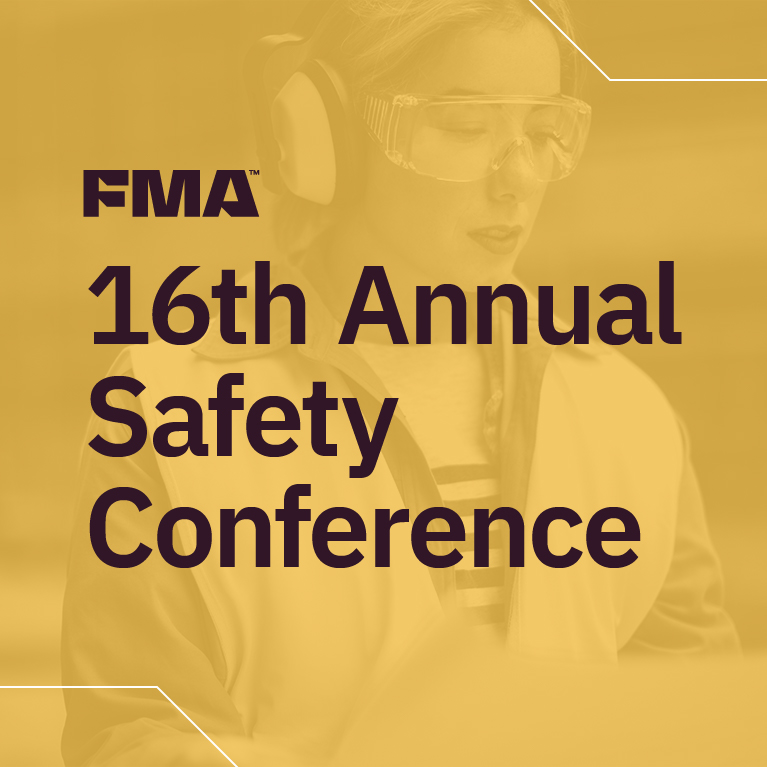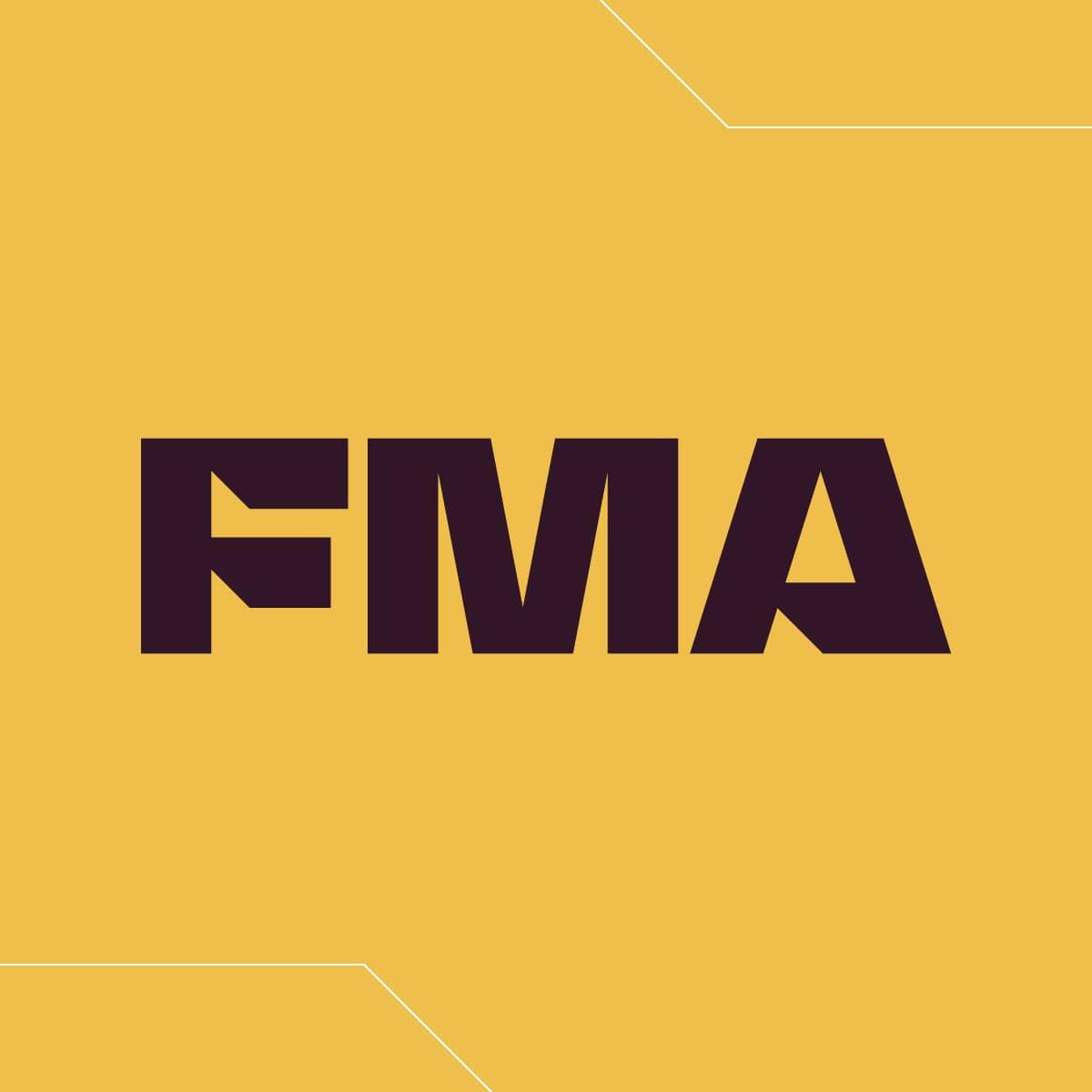4 Manufacturers View Roles in Sustainable Supply Stream
By Kate Bachman | June 26, 2014
Category:
Josh Gibson of Kerry Ingredients, J.L. Clark’s Phil Baerenwald, Steelcase’s Mary Ellen Mika, and Metcam’s Sue Max delve into the complexities of their companies’ roles in a sustainable supply chain at the May Sustainable Manufacturer and Water 2.0 Conference & Exhibits.
All efforts to manufacture sustainably, reduce environmental impacts, and be socially responsible are for naught if suppliers downstream and upstream sully that stream. At the recent Sustainable Manufacturer and Water 2.0 Conference & Exhibits held in Chicago area, presenters from J.L. Clark, Steelcase, Kerry Ingredients, and Metcam discussed how they view their companies’ roles in a sustainable supply stream.
J.L. Clark Gazes Upstream
Without J.L. Clark’s metal and polyethylene packaging, McCormick’s chili powder would blow away, Energizer’s stored energy (batteries) would not be stored, and Burt’s Bees lip balm would be a waxy puddle. The packaging is necessary and an integral part of the product.
Because all three of these manufacturers consider sustainability a core value, it’s no surprise that all three lean on their packaging supplier, J.L. Clark, Rockford, Ill., to provide sustainable packaging. Simultaneously, they require that the packaging serve its primary role as the sentinel of its contents.
J.L. Clark President Phil Baerenwald relayed some of the challenges of providing packaging that is both green and technically functional at the recent Sustainable Manufacturer and Water 2.0 Conference & Exhibits as part of the panel, Your Role in the Sustainable Supply Chain.
Baerenwald referenced a “spectrum and evolution of green expectations,” saying that manufacturers aspiring to be sustainable have to balance their roles in the sustainable supply stream with variable expectations of their customers. Some of J.L. Clark’s clients, such as Burt’s Bees, McCormick, and Energizer, are vigilant to make sure that their suppliers such as J.L. Clark don’t stain their green reputations and positions on sustainability rankings, such as the just released Newsweek’s Green Rankings 2014
For J.L. Clark’s food company clients, food safety is imperative, so its packaging’s role as a sentry of the food is paramount. Balancing those two goals can get a little tricky. For example, customers would like for the plastic to have recycled content, but it’s difficult, if not impossible, to provide recycled plastic that is pure enough of contaminants to quality for FDA approval.
J. L. Clark won both a 2013 Governor’s Sustainability Award and a Most Valuable Partner Award 2013 from American Snuff Co., reflecting its achievements in balancing both sustainability and function.
Metcam Applies Pressure Downstream
A sustainability effort can be effective only if manufacturers’ suppliers and vendors are part of the effort as well.
Sue Max, EHS Manager, Metcam, Inc., Alphretta, Ga., advised attendees to partner with suppliers and vendors to find common goals and identify barriers.
A metal fabricator such as Metcam relies heavily not only on its material suppliers, but also on its capital equipment and machinery suppliers. When the company wanted to replace its solvent-based paint with a powder coating, that meant not only replacing the coating but the entire coating equipment line as well.
The powder coat system transitioned the company’s classification from a “large-quantity hazardous waste generator” to a “conditionally exempt small-quantity generator.” As a result of ceasing to emit volatile organic compounds (VOC), an air permit was no longer required, and the reduction in hazardous waste disposal cut costs.
Metcam reviews its material suppliers and seeks those with recyclable materials and reuse programs. Max said that ISO 14001 standards lay out the path, starting with identifying all environmental impacts and tracking ongoing performance.
Steelcase’s Socially Responsible Sourcing
Do you know where the raw materials for your products really come from? Mary Ellen Mika, Supply Chain Management, Steelcase, Inc., Grand Rapids, Mich., said in her presentation that the manufacturer is responsible for the materials it sources, whether directly or through a network of suppliers. An emerging supply chain concern has been identifying sources of tin, tantalum, tungsten, and gold in the company’s products to verify that they do not come from conflict mines, in compliance with U.S. Securities and Exchange Commission rules for disclosing use of conflict minerals.
This effort expands the scope of sustainability beyond protecting the environment to include social responsibility. Steelcase, along with many other publicly-traded companies subject to the conflict minerals rules, seeks to improve human rights by identifying the upstream sources of its materials and refusing to source from conflict mines, Mika relayed.
The manufacturer’s other supply chain efforts have been on partnering with suppliers, which enabled the furniture-maker to cut its water and energy consumption in half. (Read “Steelcase shrinks water, energy, cleaners use in the wash.”)
Steelcase’s sustainable sourcing includes energy. The company sources 100 percent renewable energy to support clean energy, expand the renewable energy grid, and invest in the future of clean energy.
Kerry Ingredients Simplifies the Recipe
With an increasing number of ecosavvy customers comes an increasing number of demands for documentation.
Josh Gibson, senior manager, Health, Safety, & Environment-Americas, Kerry Ingredients, relayed how his company combines customers’ demands for sustainability metrics with its needs to contain its costs and resources.
Gibson said that the global, $5.8 billion euro sales manufacturer of food ingredients was inundated with multiple and varying requests from customers to complete sustainability questionnaires, surveys, and communications about its sustainability strategy and policies in addition to providing transparency in reporting performance. The multiple, repetitive requests were becoming costly and that represented a risk for future business growth.
To make sustainability work within a business framework, the manufacturer joined the Supplier Ethical Data Exchange (Sedex), a not-for-profit membership organization dedicated to driving improvements in responsible and ethical business practices in global supply chains. The company joined Sedex to manage its sustainability audits and information for customers, and leveraged it with suppliers to ensure similar consistency. The organization compiles all the information every customer could want and made it transparent, so that the audit is done once and shared many times.
Got thoughts? I’d love to hear from you. (Please respond below.)

Side by side, we move metal fabrication forward.
FMA unites thousands of metal fabrication and manufacturing professionals around a common purpose: to shape the future of our industry, and in turn shape the world.
Learn More About FMA


